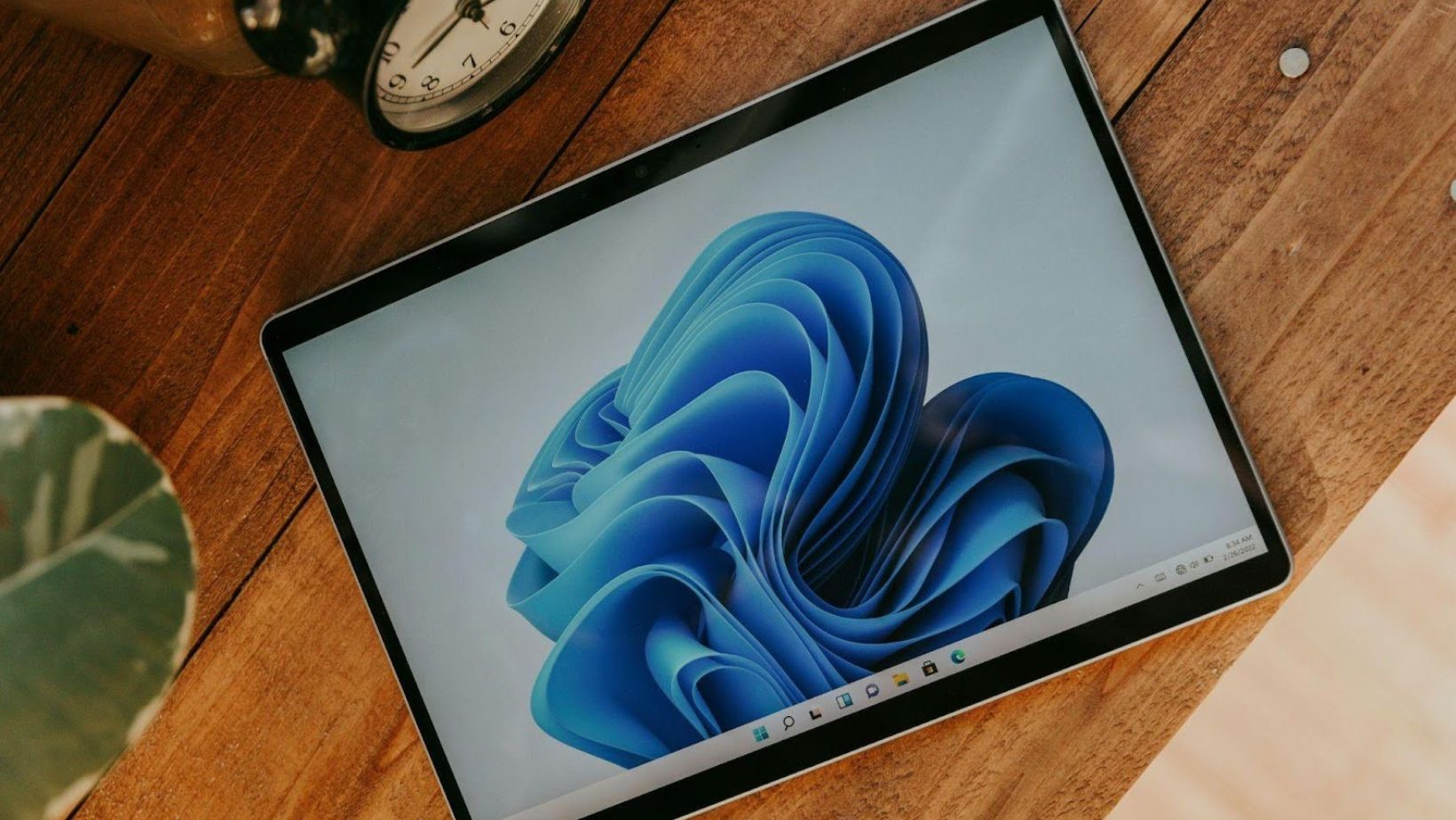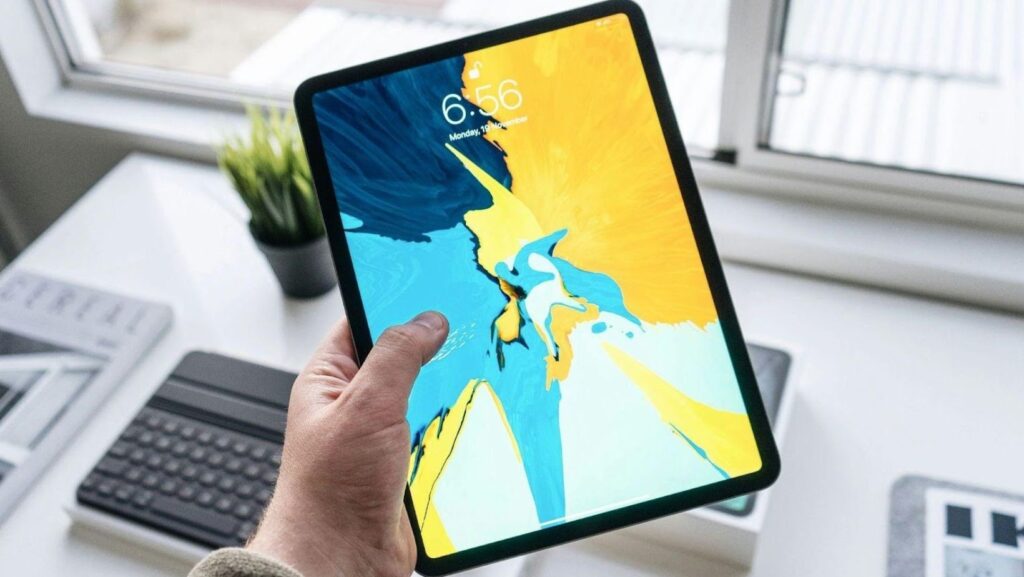Tablets and PCs lost some chunk of their market when smartphones evolved to the point we know them today. But “dead” is a bit of a strong term to use, as tablets still have their place under the digital sun. Many people keep using tablets for certain things that other devices don’t quite handle as well. With twenty years in tech, I’ve seen devices fade, adapt, and come back—tablets are doing a bit of all three.
The tablet in iGaming
In markets where mobile data and bandwidth are decent, tablets serve iGaming users who want comfort: lying back, engaging in longer sessions without switching to a desktop. Some operators report that a nontrivial share of their mobile traffic comes from tablets during evening hours. The risk: regulatory constraints, lag in payment interfaces, and sometimes heavier load times. But tablets remain practical for iGaming more than some expect.
When I refer to iGaming, I mean online casino games, betting, lotteries, etc. Tablets still hold a niche here. Players often prefer a larger display when interacting with multiple controls (bets, charts, results). Touch precision is better when buttons are not tiny. Also, many providers featured on the list by Escapist Magazine design their sites to scale well; tablets often hit a sweet spot between smartphone and desktop layouts.
Personal perspective
After two decades of watching devices rise and fall, I feel tablets are more “persistent” than “comeback stars.” The big leaps already happened. What remains is refinement. I believe we’ll continue seeing tablets used by people who value screen real estate without wanting to haul a laptop, or who enjoy a relaxed interface. They won’t dominate like phones, but they won’t vanish.
What data says about current tablet usage
Globally, tablet shipments rose about 8.5 percent in the first quarter of 2025, reaching roughly 36.8 million units. The growth comes mostly from replacing older units bought during the pandemic. In addition, revenue in the tablet market is forecast to increase by about 12.5 percent in 2025, the strongest jump in a few years. That suggests people aren’t dumping tablets—they still find them valuable. A tablet and a mobile controller can prove to be a powerful combination!
Yet usage patterns show limits: many tablet owners do not use them daily, or they use them largely for media consumption, reading, or simple tasks. The replacement cycle stretches years—5 years is now more common in the US, where once tablets lasted 7 years.
Gaming is still a strong suit
Games take up a large share of tablet usage. According to a study by Flurry, tablet users spend far more time playing games than smartphone users do. Because the screen is larger, controls are often more comfortable, visuals are more pleasing, and tablets offer a different experience. For genres like puzzle games, strategy sims, or even narrative adventures, tablets strike a good balance: large enough to appreciate detail, but portable enough for casual play.
Casual games dominate, especially among older age groups. In the UK survey, for instance, adoption of tablet gaming among people aged 45‑54 increased sharply, up to about 14‑16 percent in recent years. Use by gender is more balanced, too, compared to many mobile gaming segments.
Other genres and use cases keep tablets alive
Reading and content consumption still justify tablets. E‑books, comics, PDFs, streaming video — tablets often beat phones in comfort. Writers, artists, and designers also use tablets with styluses. The canvas is more forgiving. Some tablets can even successfully replace the Kindle and iPad for certain users, showing strong competition.

Education uses it too. Schools, remote learning, and even younger children benefit from tablets. Teachers assign work, students annotate, watch lectures, and do quizzes. In many places, education authorities are still investing in tablet programs.
Productivity in certain niches holds ground. For example, note‑taking, sketching, and light photo editing. There are tablets with pen input, keyboard attachments; they don’t fully replace a laptop for power users, but serve those who travel, work in the field, or want minimal setup.
Who seems to be giving up on tablets then?
Those who already have a powerful smartphone or a lightweight laptop often skip new tablets. Some complain tablet features stagnate: update support is weaker for many Android tablets, and innovations are rarer. Also, in budget segments, performance often lags. For power gaming, 3D modelling, or high frame rate competitive titles, tablets sometimes fall short.
People in geographies where the cost of data or access to updates or repair is limited may abandon tablets in favour of more durable or versatile devices. Also, those who rarely travel or need portability think a good laptop or hybrid device covers all their needs.




